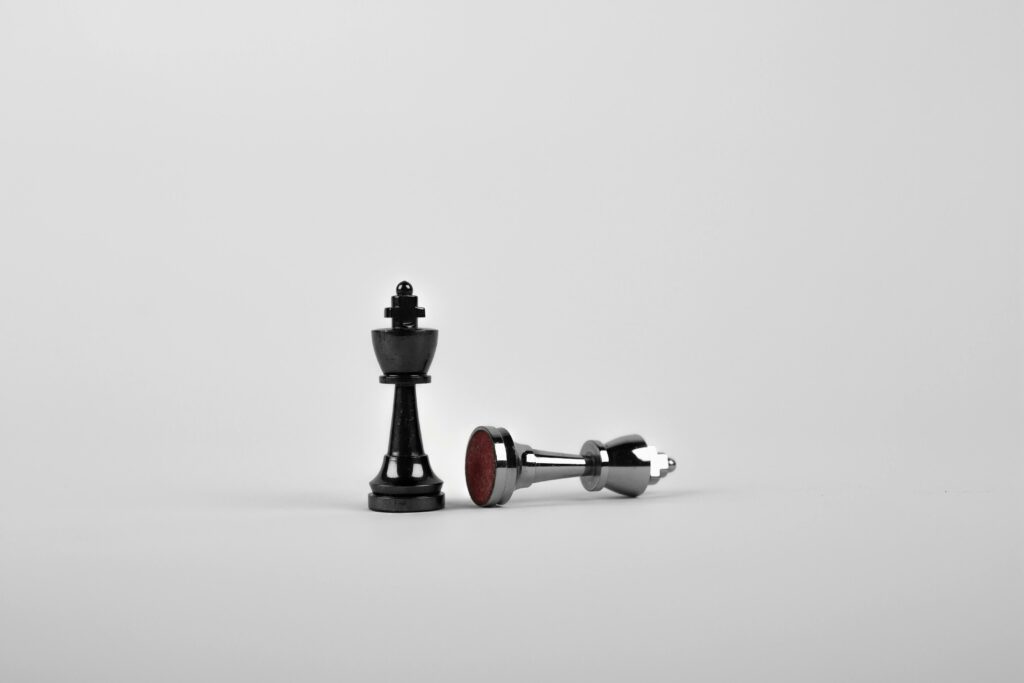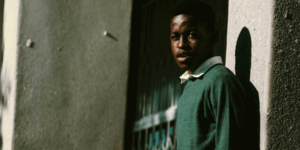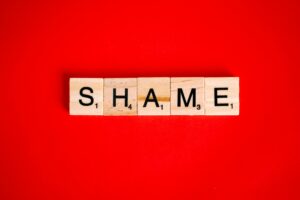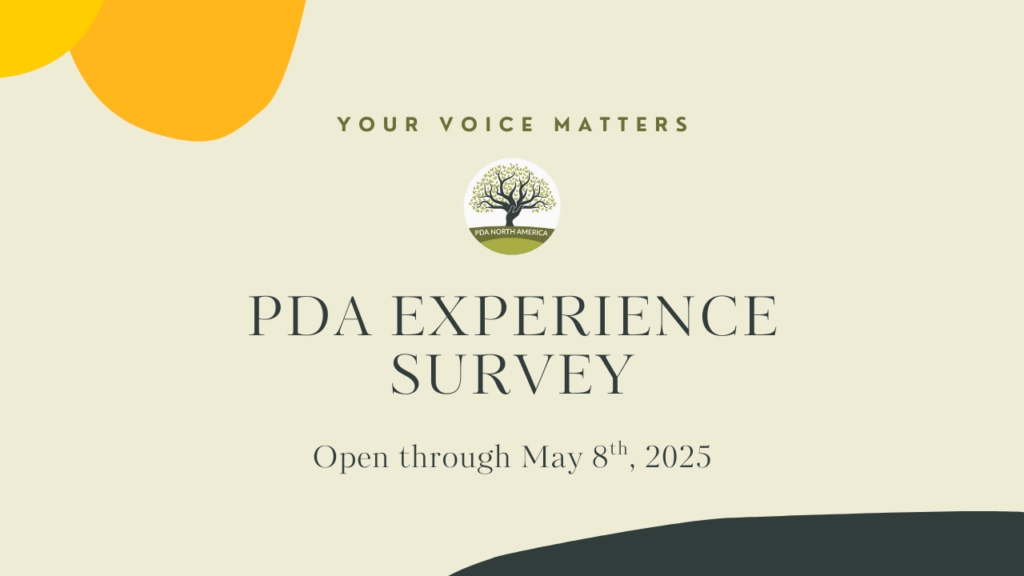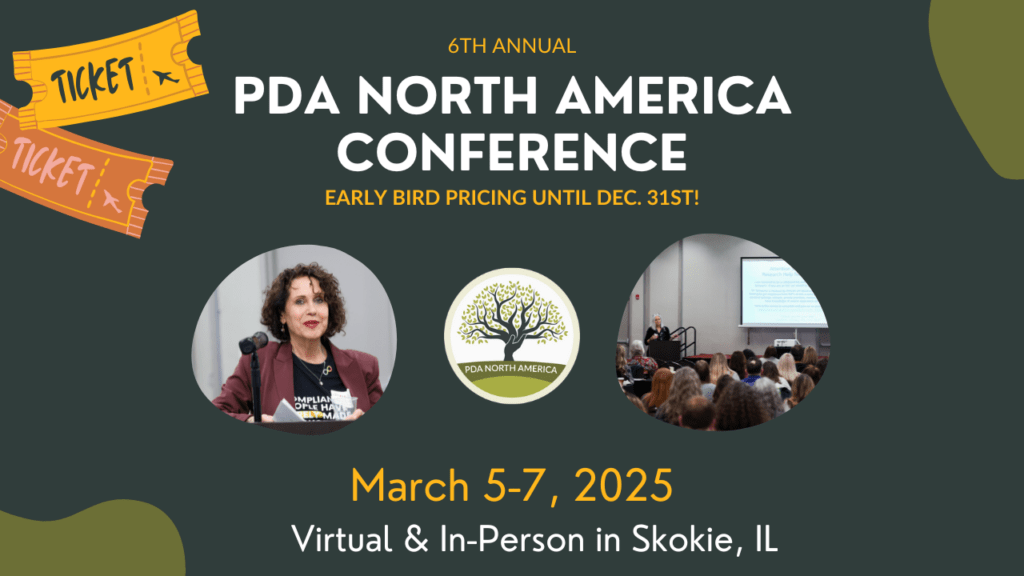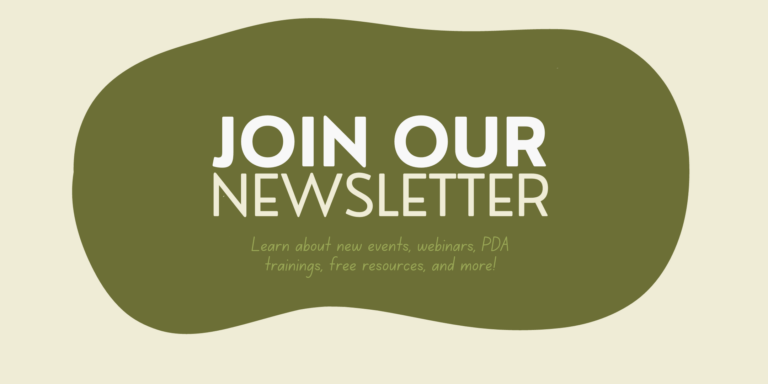By Kristy Forbes, founder of In Tune Pathways & Adult PDAer
My child doesn’t want to be autonomous or in equitable relationship with people, places and things. They want to be in charge and in control.
They even say “I want to be better”, “I have to win”.
PDA is a nervous system based disability. There is no morale or intention, despite it appearing so.
The PDA neurobiology scans consistently for inequity and threat, which ultimately lead to a compromise to autonomy and agency.
PDA children often do not (cannot) see themselves as children, simply because we learn quickly that for non PDAers, age tends to be an instant requisite for authority that threatens our agency.
Authority punishes and robs. As a PDAer, I see hierarchy and I DO understand it. It just isn’t inherent to my own internal compass. I see people.
Living among people that aren’t driven by this north star means that as children, we tend to live in a permanent state of chronic stress and panic.
A sibling that gets an extra drop of milk in their glass is an assault on the PDAer’s sense of equity. A sibling staying up later: when I was six years old, my sister was born. She was a newborn and I laid in bed one night seething about her being allowed to be up so late and I was not. She was being fed.
The PDA child’s threat response isn’t interested in explanations or details. It’s purpose is survival. Therefore, my siblings being up later than I sent me into a panic that I am, in fact, being left behind.
When one navigates the world this way all day, every day from the time you are born, and often we are punished for this..told we are selfish, being ridiculous, need to calm down, we are pushed further into that sense of panic and chronic stress.
We don’t find it unreasonable to ask an adult to please mind their tone when they speak to us, or to call them out for being dishonest, racist, unfair (among other things). This alone is considered absolutely unacceptable for children.
So we are silenced.
When a human is silenced, shame, rage, trauma will begin to seep out. This too, is a neurobiological response to being diminished in our personhood, and there is no choice.
It’s rational. It’s reasonable. It’s survival and it’s our nervous system attempting to process pain, fear, shock to heal from the experience.
And we are silenced.
Our ‘unacceptable behaviors’ are then amplified.
We’re often placed into therapy that then centers on our behavior (an outcome of an internalized experience that has been silenced) and rarely seeks to understand us without pathologizing us.
Where is the safety?
I could draw a visual map here with all the pathways that this can break off into..family distress, relationship breakdown, parental trauma, systems that misunderstand our families while we grapple to understand our children, mandatory reporting, family breakdown and on it goes.
On our first holiday as a blended family in 2009, one of my children (non biological) said “Dad, I want to be better than Shelley”. Shelley (name changed for privacy) is my biological child and we were all stunned to hear this from a little person as though it was fact and nothing else. They were saying: “You are now sharing the attention you provided me with another child and woman, and I am feeling left behind.”
At the time I found it remarkable. Insightful, honest, no need for grappling with the why, and yet I very quickly shut down those parts of myself and defaulted to the social safety of panicking that my child was not going to fit in and there was something sinister and antisocial about this.
Our children are always behind, never truly in equitable relationships. Their most primitive, basic need is rarely provided and when you’re starting from behind, there is never truly ‘control’ or ‘being better than’. There is no advantage.
Winning, being better, being best is a form of compensation, saving for the times we feel the panic harder. Like saving for a rainy day, because we know in our bones we can never truly access the level of uncompromising safety we truly need.
The levels of anxiety that we experience are beyond the depths others could truly know and understand in childhood, and when we are consistently reprimanded for our drive to be safe, due to a conditioned misunderstanding and rejection of the adults around us that this is, in fact why we want to be better, we carry this into adulthood.
Adult PDAers the world over and beyond, rejected and abandoned their entire lives. Our fear of abandonment, rejection, and the trauma that shifts between laying dormant and popping up in the hopes we have the safety to now feel it, process it and be healed is exhausting.
This is not about parental blame or shame.
It is about all of us, collectively. We’ve been lied to about so much of the human experience and how it varies.
We don’t know what equity is. We’re so consumed by our own panic over missing out or not being in control that we can’t even see that we spend our childrens’ lives projecting our own need for control onto them, and then fixate on how controlling THEY are.
We’re so quick to label a child as disordered, antisocial or unacceptable when they’re attempting to live in alignment with who they were born to be.
We completely overlook how unsafe, unskilled, under resourced and unsupported we are as a species to step aside and be open to letting go of everything we think we know, in order to learn about the experiences of others. Experiences other than our own.
So sure, our children will say they want to do better. They! lament over not winning games. They are children. Children.
We so quickly forget about the olympics. Competition sports.
Academic pressure on children.
Those areas where we shift gears and the rules change. Where we want our children; we will our children to be better..best. We reward them for it, and many of us punish them when they don’t meet the standards we set for them.
If that isn’t a compromise to autonomy, ever changing goal posts for acceptable behavior and a complete and utter lack of safety and nuance, what is?
When a person is starting from behind, there is no advantage.
Wanting to win, be better or be in charge is an often needed recharge or reset for the PDA neurobiology.
“See me”, “Accept me”, “Love me unconditionally”.
When we allow our child to win the game, to be the best, we demonstrate that we are willing to join them, to create equity and truly see them.
As adults, we already hold far too much power for them to ever truly be in equity with us.
Often the responses to my sharing around this experience from parents will be “Is there a medication for this?” or “so what do we do?”
This is deep, intergenerational work. It is unlearning, undoing, making amends to our children and ourselves. It requires consciousness we’ve not been permitted to sit within, it requires a humility that allows our children to tell us where we’ve gone wrong and how we’ve harmed them.
And, it is isolating, lonely, exhausting and most people on the outside do not understand, nor do they care to.
We suffer as parents. We lose friends, family, material things. We are often deeply traumatized along the way.
And yet, we fail to notice that our children have and are already experiencing this.
“How will they survive the real world if we let them win all the time?”
By offering trust. By creating space for ourselves to know and understand this isn’t a lacking that originates from a sinister place.
It is appropriate child development for a PDA autistic child.
How do we know this?
Because our stories and experiences are echoed by many, across the world. And at our core, we truly know who our children are.
Wanting to win, is an invitation for us to soften, to bend, to embrace.
This is about us, not them.
Kristy Forbes is a PDA adult and advocate & teacher, she is one of the most respected voices in the PDA community. Kristy is an Australian based autism & neurodiversity support specialist with experience working with clients both nationally and internationally.
She has a special interest in PDA related trauma and burnout and works with individuals and families in private consultation, programs, speaking and writing. This includes neurodivergent people and their families; and professionals who wish to support them, such as educators, psychologists, pediatricians, allied health professionals, support workers and integration aides.
www.kristyforbes.com.au
facebook.com/intunepathways
instagram.com/_kristyforbes
